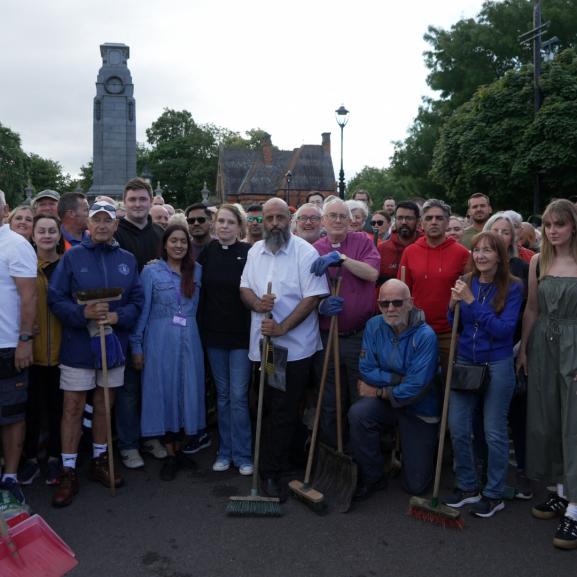MF Calls for an End to Detention of Torture Victims Following Removal Centre Criticism
The Medical Foundation for the Care of Victims of Torture has called for an immediate end to the detention of asylum seekers who have suffered torture following a report by Anne Owers, the Chief Inspector of Prisons, which reveals a catalogue of health care failings at an asylum removal centre.
The report says the healthcare service at Yarl's Wood centre in Bedfordshire are "not geared to meet the needs of those with serious health care problems or the significant number of detainees held for longer periods for whom prolonged and uncertain detention was itself likely to be detrimental to their well being."
These inadequacies are said to be "compounded by the unresponsiveness of the IND (Immigration and Nationality Directorate) to clinical concerns about an alleged history of torture or adverse medical consequences of continued detention."
When clinical concerns were raised, the report adds, "the information was not systematically addressed or actioned. Nor was independent medical opinion sought or adhered to."
The enquiry into procedures at Yarl's Wood highlighted the IND's failure to act when told a detainee has a history of torture, a criticism the Medical Foundation has been levelling at the Home Office for many months.
MF refugee advocacy officer David Rhys Jones said today: "We welcome the reports findings. The mechanisms exist for torture survivors who find their way into detention to be quickly identified. There are health screenings, and they can ask to be seen by a doctor. The doctor is duty bound to inform the Home Office if torture alleged, but there the process comes an abrupt halt. The Home Office does nothing.
""Detaining torture survivors is apt to trigger flashbacks and nightmares. They experience very real mental anguish at being locked up. Once the Home Office has been notified, such detainees should be released so their cases can be properly appraised without them being subject to further suffering."
Detention Centre Rule 35 requires detention centre health services to alert the IND if detention might be injurious to health, specifically if torture has been alleged, or there is evidence of suicidal intent.
However, the report cited instances revealing that the IND routinely ignores Rule 35 letters. In the case of one woman torture survivor, three such letters were sent from two removal centres and she was hospitalised several times. A request from her solicitor that she be referred to the Medical Foundation was ignored, and she was told she would remain in detention until flight and medical escorts could be secured for her back to her country of origin.
The enquiry team saw no evidence that the contents of the Rule 35 letters had been addressed, although an IND caseworker told her solicitor "your client's case has received immediate and appropriate attention as soon as these issues were raised..."
The report called on the IND to "promptly investigate and consider" any illnesses or conditions affecting a detainee raised under Rule 35.The process should be documented and the detainee told the outcome within a short time span.
A panel of independent specialist doctors should also be established to provide a clinical assessment where substantial allegations were raised under Rule 35. There should also be a regular audit of such letters sent from immigration centres.
Earlier this year, the MF warned that new safeguards to identify asylum seekers who have been tortured are urgently needed if the Government was to avoid further costly compensation orders from the courts for denying those in detention "prompt medical attention.
The call followed a High Court ruling that two asylum seekers, who were both torture survivors, were entitled to damages after being held in Oakington Detention Centre in Cambridge.
The Home Office says that it will only in "exceptional circumstances" detain asylum seekers who have been tortured. Accounts of torture by both appellants, however, who were detained as part of the Government's "fast track" asylum programme, were ignored, allowing no official consideration of whether or not their cases were "exceptional".
Among the MF's recommendations was a call on the Home Office to "introduce a proper system for assessing and acting on "allegations of torture" forms (Rule 35 letters) that they receive."







